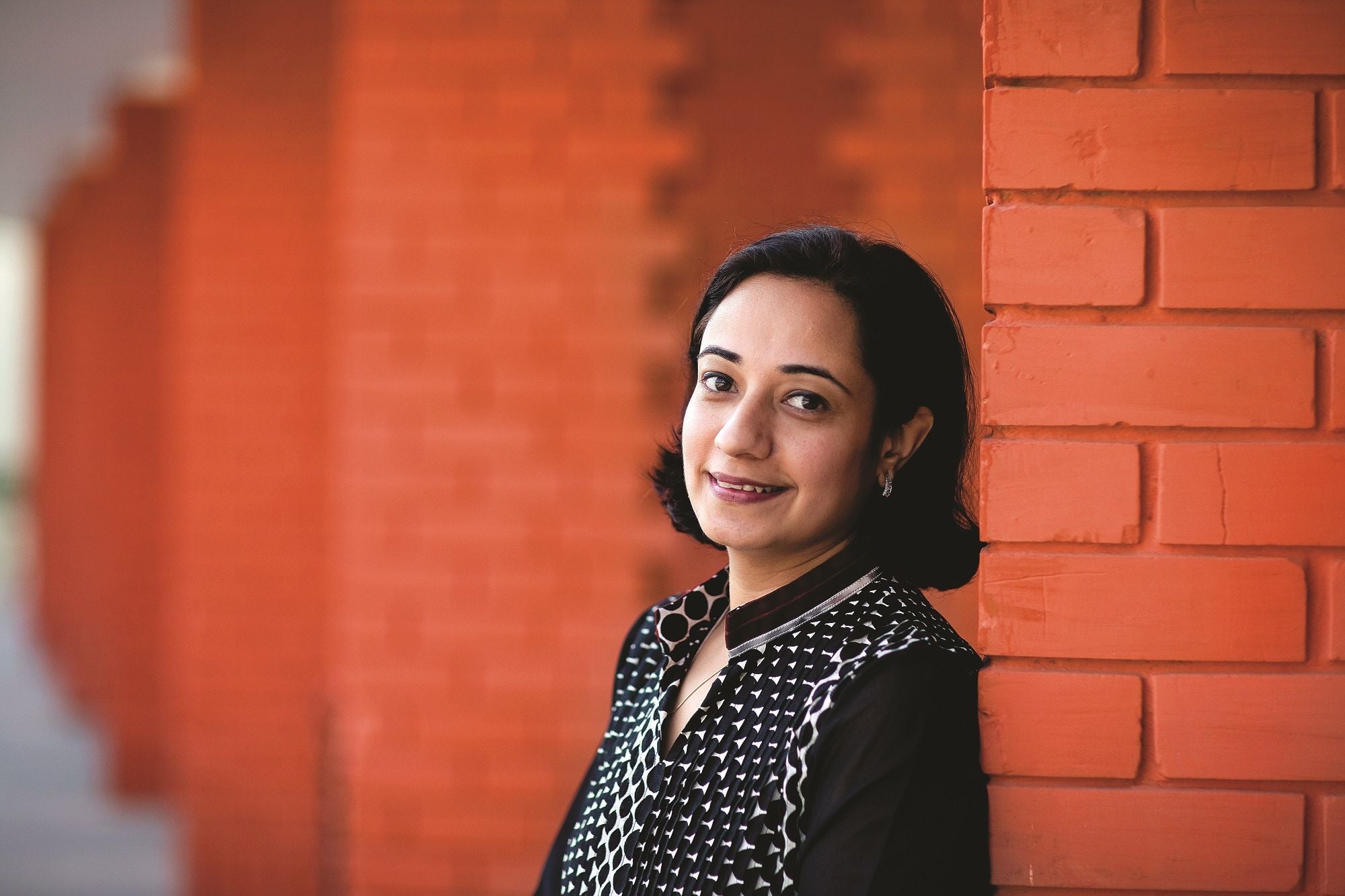In 6 years, Geeta Goel-led Dell has Invested $200 mn in India Goel tells how investing has shifted in terms of new areas emerging in same field
You're reading Entrepreneur India, an international franchise of Entrepreneur Media.

Geeta Goel has been heading the impact arm of Michael and Susan Dell Foundation from almost a decade in India. From investing in microfinance space in its early years to exiting the space completely has been the change that the fund has gone through in the recent past. Talking about it Goel states, "If we see significant capital being flown in we back out of those spaces. In microfinance a lot of commercial capital started flowing in so we are moving out of that space. We moved to MSME finance, micro insurance."
That also states the impact lens Goel has as an investor on where and when to put in the money. With affordable livelihood, education and financial inclusion the focus in the past six years has been more or less similar. About the change it would have gone through in terms of new areas emerging, Goel says, "In our early years, we were focusing more on primary education. Our focus now is to include secondary education. In livelihood, the focus was on formal sector education. Now, we have started to include micro and small enterprises. In financial inclusion we started with a focus on urban microfinance. In the past six years, we moved away completely from that and started focusing on micro savings, micro mortgages, insurance and other fintech products."
Till date they have invested $200 mn in India with 50 active projects, which includes grants and investments in the form of equity, debt or guarantee. So far, they have done 40 investments in India. As per her, social entrepreneurship is buzzing with a great many professionals leaving their careers and starting new ventures. Both their way of seeking out a new opportunity and contributing to the society gets served with impact ventures. In a few investments, she also sees a good combination of impact plus commercial capital flowing in. She concludes by saying, "In businesses requiring more capital requirements we see a good combination of impact capital and commercial capital. The impact lens is the end customer."
(This article was first published in the December 2018 issue of Entrepreneur Magazine. To subscribe, click here)










